GREETINGS TO THE CHILDREN OF GOD, WHO BEAR GOD’S IMAGE TO THE WORLD,
In Confirmation class when we study Jesus’ resurrection, I share this handout with our students, inviting them to “Think deeply about what resurrection means to you.” As we celebrate All Saints Sunday, I invited you also to think deeply about what the resurrection means to you. In the words of the Apostles’ Creed, the 3rd Article, we say we believe in the Holy Spirit, and we believe in the resurrection of the body and the life everlasting.
Part of what makes a Gospel, a Gospel is that it bears witness to Jesus’ life, death and resurrection. And when you read the letters of the New Testament, resurrection is often a topic. Take a look further at 1 Corinthians 15 and explore Paul’s teaching on the resurrection.
Fredrick Buechner in Wishful Thinking reminds us that we are a people who believe that God resurrects us body and soul.
Some believe that when a person dies, the body lies in the grave but the soul continues to live. Bodies die, but souls do not. The Biblical view differs in several ways.
The Bible reminds us that we don’t just have a body, we are a body, created by God, life breathed into humanity by God. Our body and soul are not separate but one. And that both body and soul die, completely. As Buechner puts it, “when you kick the bucket, you kick it 100%. All of you. There is nothing left to go marching on with.”
Paraphrasing Buechner, the idea that the body dies and the soul doesn’t is an idea which implies that the body is something rather gross and embarrassing. The Greeks spoke of it as the prison house of the soul. The bible on the other hand, speaks well of the body and world as God’s good creation.
Those who believe in the immortality of the soul believe that life after death is natural, as natural a function as digestion after a meal.
The Bible instead speaks of resurrection as entirely unnatural. Humans do not go on living beyond the grave because that’s how we are made. Rather, we go to the grave dead and we are given our life back again by God (i.e., resurrected) just as we are given it by God in the first place, because that is the way God made us.
All major Christian creeds affirm belief in resurrection of the body. In other words they affirm the belief that what God in spite of everything prizes enough to bring back to life is not just some disembodied echo of a human being but a new and revised version of all the things which makes a person a particular human being in the first place and which we need a body to express: our personality, our looks, the sound of our voice, our peculiar capacity for creating and loving, and in some sense our face.
The idea of the resurrection of the body is based on the experience of God’s unspeakable love. God loves us to infinity and beyond and that includes death and the grave.
I hope this gives you something to assist you in your deep thoughts on Jesus’ resurrection and the hope we have.
Bold Inquisitive Belief Loving Expansively,
Pastor Connie Spitzack



